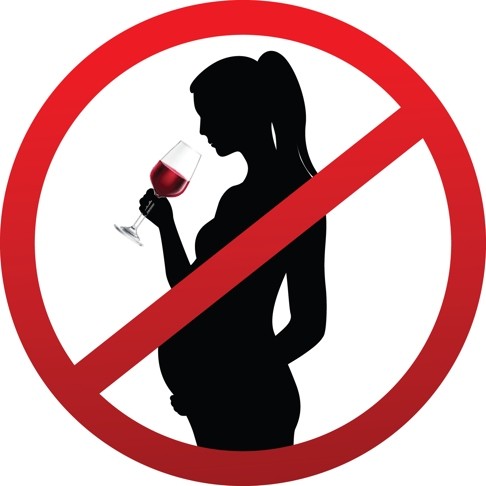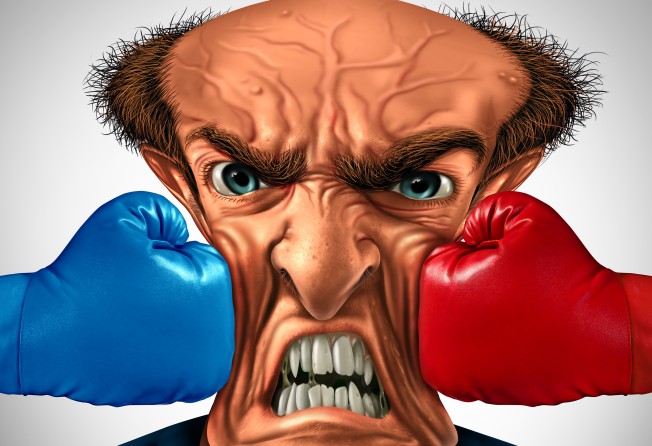
Worrying about money can cause physical pain, new research shows
Economic uncertainty produces physical pain and predicts painkiller consumption, findings reveal. In other news: mums-to-be who drink alcohol can increase chances of alcoholism down the line, and Charlie Sheen’s HIV revelation prompts record levels of public engagement with the disease

Experiencing financial stress may lead to physical pain
People who feel that their financial outlook is shaky may actually experience more physical pain than those who feel financially secure, according to new research in Psychological Science. The findings indicate that the link may be driven, at least in part, by feeling a lack of control over one’s life. “Overall, our findings reveal that it physically hurts to be economically insecure,” explains researcher and lead study author Eileen Chou of the University of Virginia. “Results from six studies establish that economic insecurity produces physical pain, reduces pain tolerance, and predicts over-the-counter painkiller consumption.” In one study, data from a diverse consumer panel of 33,720 individuals revealed that households in which both adults were unemployed spent 20 per cent more on over-the-counter painkillers in 2008 compared with households in which at least one adult was working. In another study carried out online, participants who recalled a period of economic instability reported almost double the amount of physical pain than did participants who recalled an economically stable period. This pattern of findings remained even after the researchers took other factors – including age, employment status, and negative emotion – into account.

Alcohol exposure during pregnancy affects multiple generations
When a mother drinks alcohol during pregnancy, even a small dose, she can increase the chances that the next three generations may develop alcoholism, according to a new study from Binghamton University. In the study, pregnant rats received the equivalent of one glass of wine, four days in a row, at gestational days 17-20, the equivalent of the second trimester in humans. Juvenile male and female offspring were then tested for water or alcohol consumption. Adolescent males were tested for sensitivity to alcohol by injecting them with a high-alcohol dose, which made them unresponsive (drunk on their back), and measuring the time it took them to recover their senses (back on their four paws). The results suggest that if a mother drinks during pregnancy, even just a little bit, she increases the risk that her progeny will become alcoholic. “We now need to identify how this effect is passed through multiple generations by investigating the effects alcohol has on the genome and epigenome (molecules that control gene translation),” says lead researcher Nicole Cameron, an assistant professor of psychology.

The Charlie Sheen effect on HIV prevention
Charlie Sheen’s public disclosure in November last year about his human immunodeficiency virus (HIV)-positive status corresponded with record levels of public engagement with HIV and HIV prevention, finds a new study by San Diego State University. Analysing public archives for news media trends to describe HIV and HIV prevention engagement since 2004, the researchers found record highs of US domestic news coverage of HIV and Google searches for information about HIV and HIV prevention following the actor’s disclosure. The day of Sheen’s disclosure coincided with a 265 per cent increase in news reports mentioning HIV (97 per cent of which also mentioned Sheen) archived on the Bloomberg Terminal, even though HIV-related news reports have been in historic decline. An additional 6,500 stories were reported on Google News alone. This placed Sheen’s disclosure among the top 1 per cent of historic HIV-related media events. Sheen’s disclosure also corresponded with the greatest number of HIV-related Google searches ever recorded in the US on a single day. About 2.75 million more Google searches than expected, based on previous trends, included the term HIV on the day of Sheen’s disclosure, with 1.25 million more searches than expected including terms for condoms, HIV symptoms, or HIV testing; after adjusting for changes in overall search volume and historic trends.